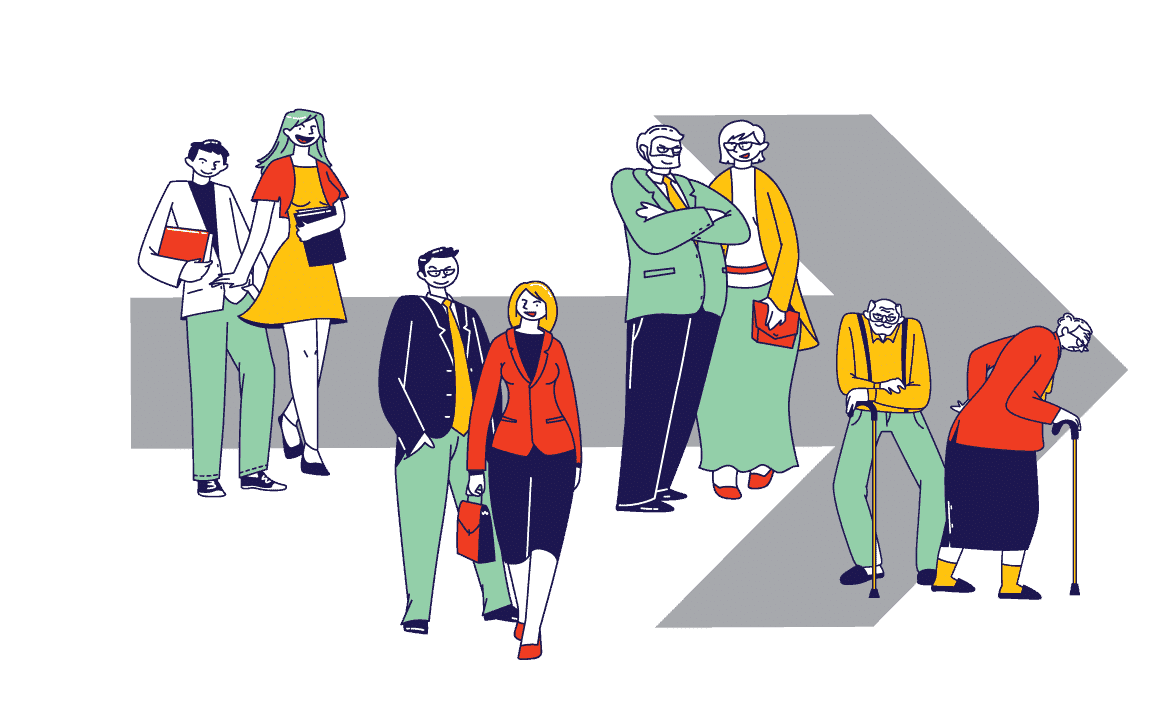
As an Estate Planning Attorney, I am often asked, “At what age do I need to make a will?” My answer is always the same “If you are an adult, you need an estate plan!” Whether you are 25, 95, or any age in between, you should want to be in control of where your assets go and have a voice in choosing your health and financial powers of attorney. However, the necessary considerations that go into creating an estate plan and the broader focus of that plan often change from one phase of life to another. These changes lead to each person’s plan needing an update periodically as the years pass.
In your 20’s: At this phase of life, you may be single, childless, and have minimal financial assets. The focus of your plan may simply be to ensure there is someone who can act on your behalf in connection to financial and health care decisions if you become incapacitated. Some minimal planning for post-death asset management may also be appropriate, but that is likely not the primary focus of an estate plan for most people in their twenties.
In your 40’s: At this phase of life, you may be in a committed relationship, have minor children, and have begun to accrue more significant financial assets. The focus of your plan is likely broader than it was in your twenties. While having someone to make financial and health care decisions when needed remains important, you now need to consider nominating a guardian to care for your minor children in the event you and your significant other die. Additionally, more planning may be necessary to ensure your assets are appropriately handled upon your death for the benefit of your partner or children. Planning may include creating a trust and the careful selection of beneficiaries for retirement accounts and life insurance policies.
In your 60’s: At this phase of life, your children may be grown, and you now have grandchildren. Perhaps concerns of how to pay for long-term care have arisen, or maybe a committed partner has passed away. Your plan’s focus may now be very different from when you were younger, and the focus can vary widely from one person to another. While standard things like financial and health care decisions may stay the same other, more individually tailored things may change (e.g., no longer needing guardians for minor children; updating documents due to the death of a loved one; sophisticated tax planning).
Over 70: As you get older, it continues to be essential for a person to have an estate plan. Life does not stop changing. Your health changes. Family relationships change. Assets change. Your estate plan needs to be changed and updated accordingly.
In whatever phase of life you find yourself in, there are always important reasons to get or update your estate plan. You are never too young or too old to make sure your plan fits your current needs and is appropriately focused on your life at that moment.
Andrew Deaver is an Estate Planning Attorney at Abrahams Kaslow & Cassman LLP. If you have questions or would like to get started on your Estate Plan, you can contact Andrew Deaver at 402.392.1250 or at [email protected].

